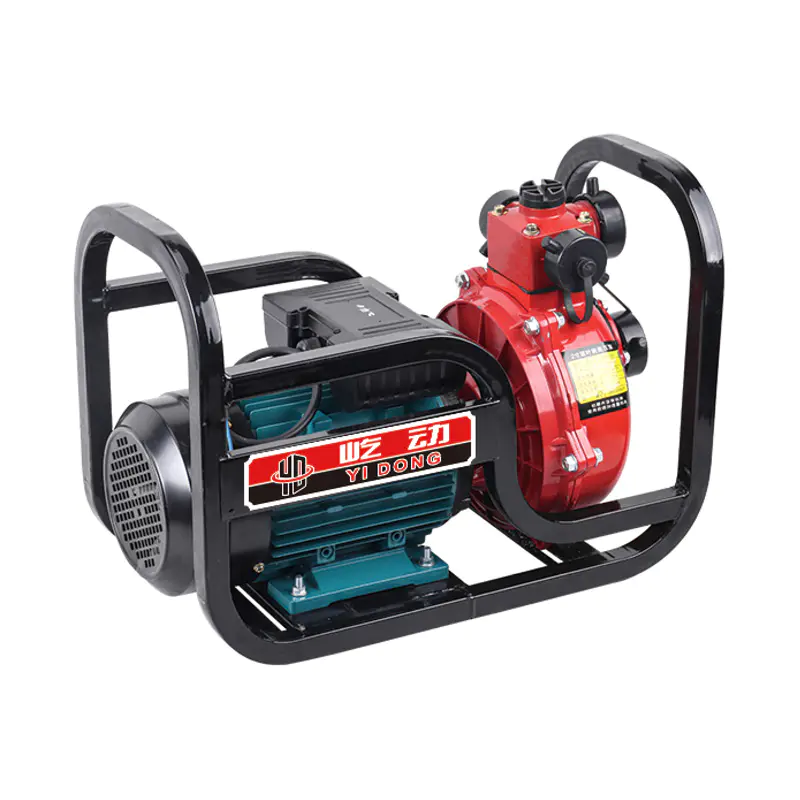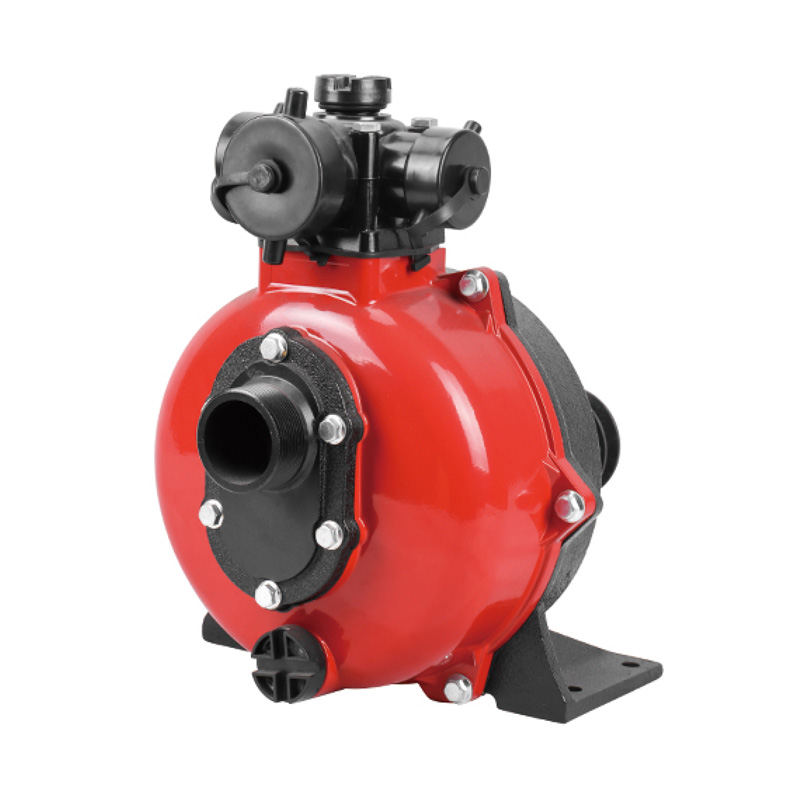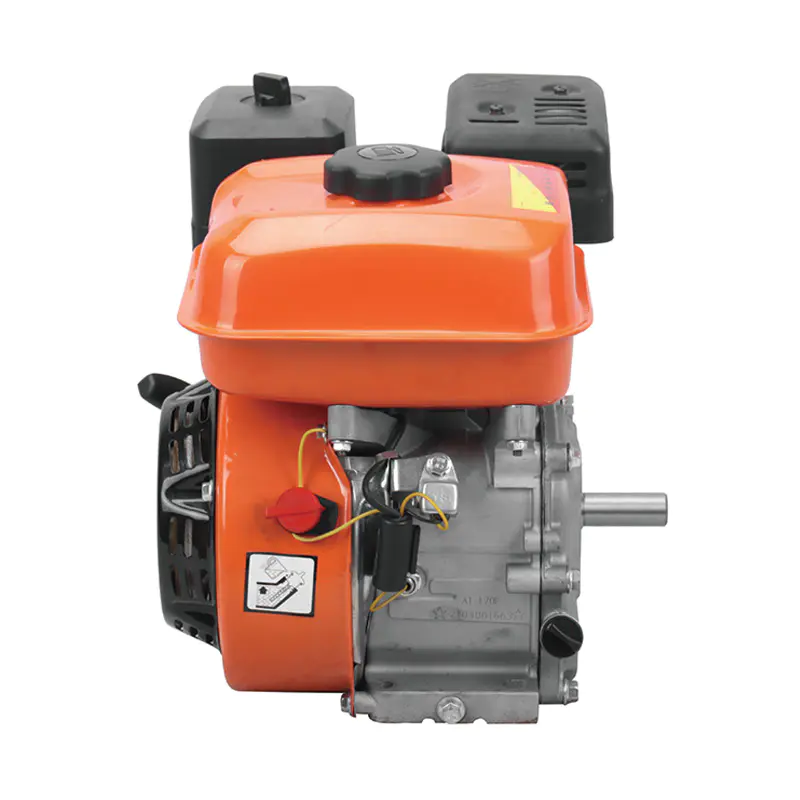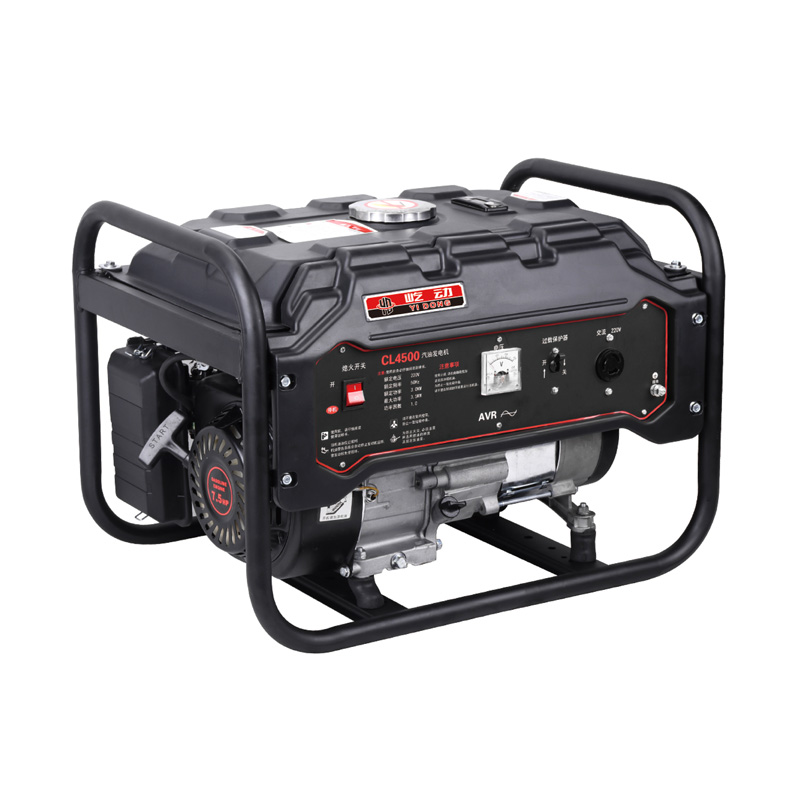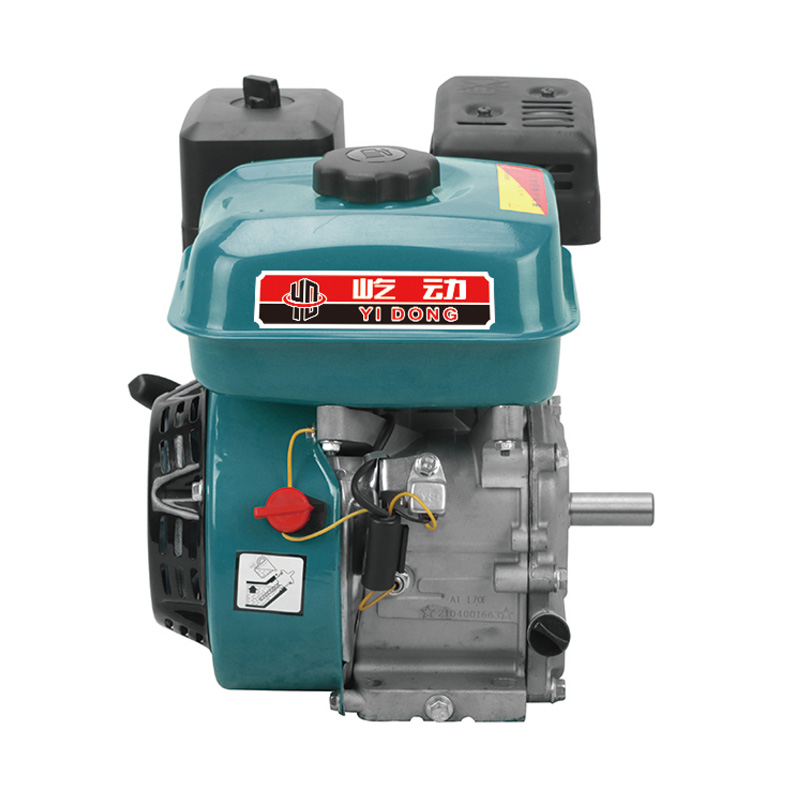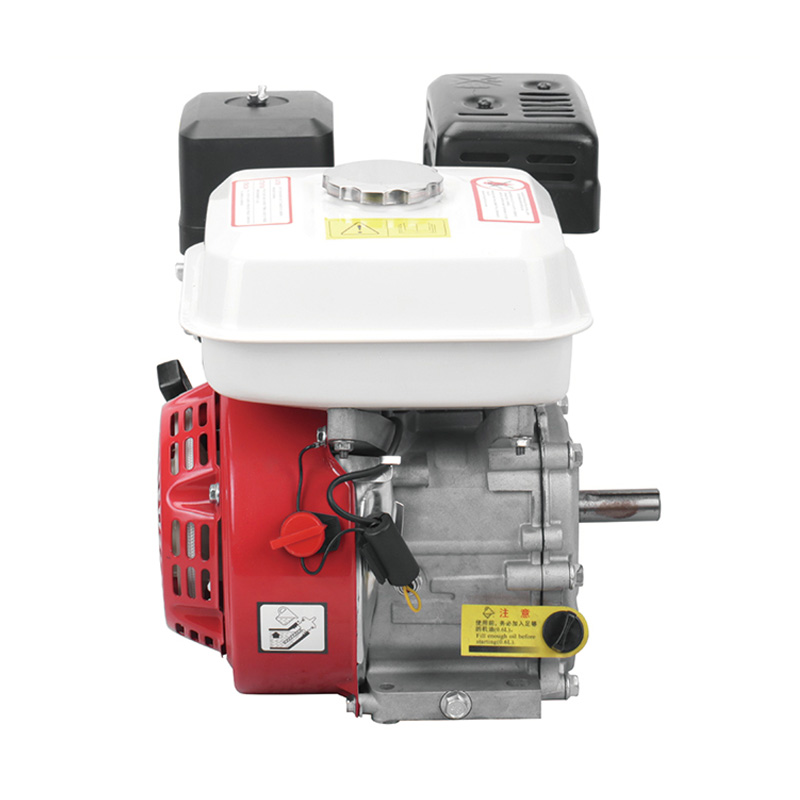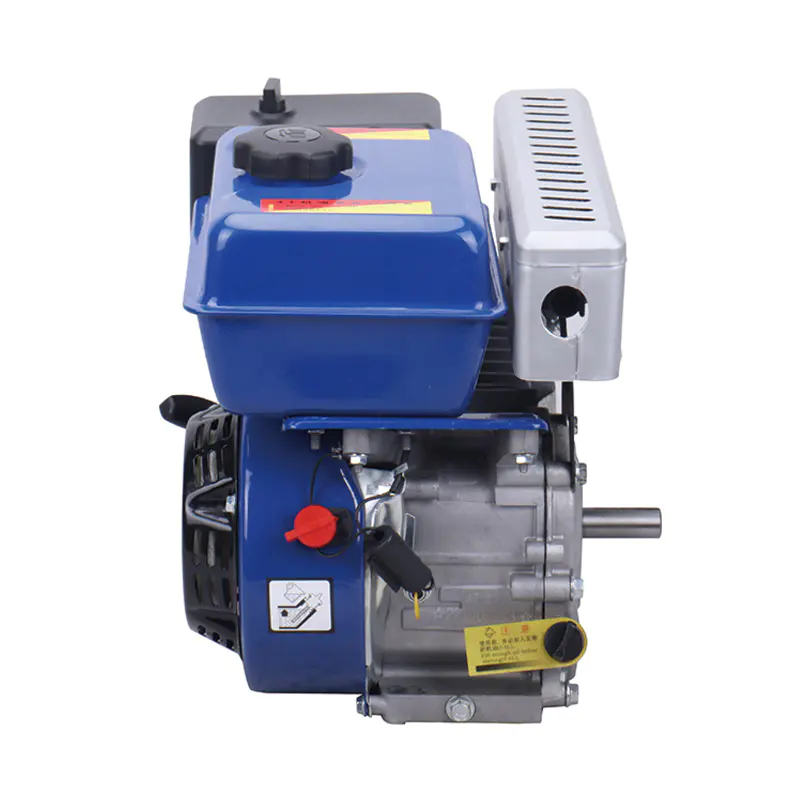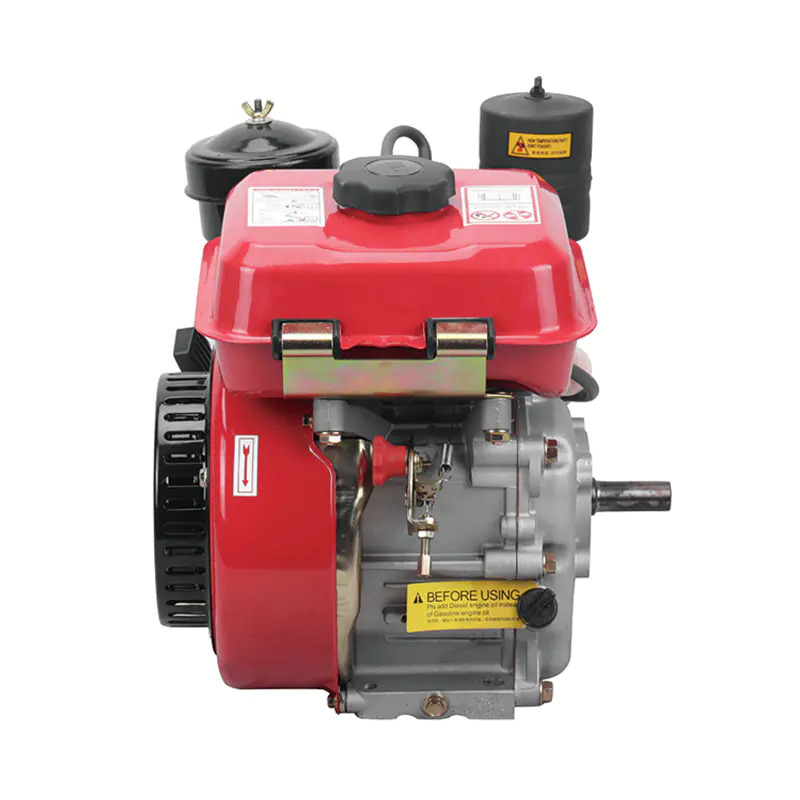The application areas of gasoline engine water pumps mainly include the following aspects:
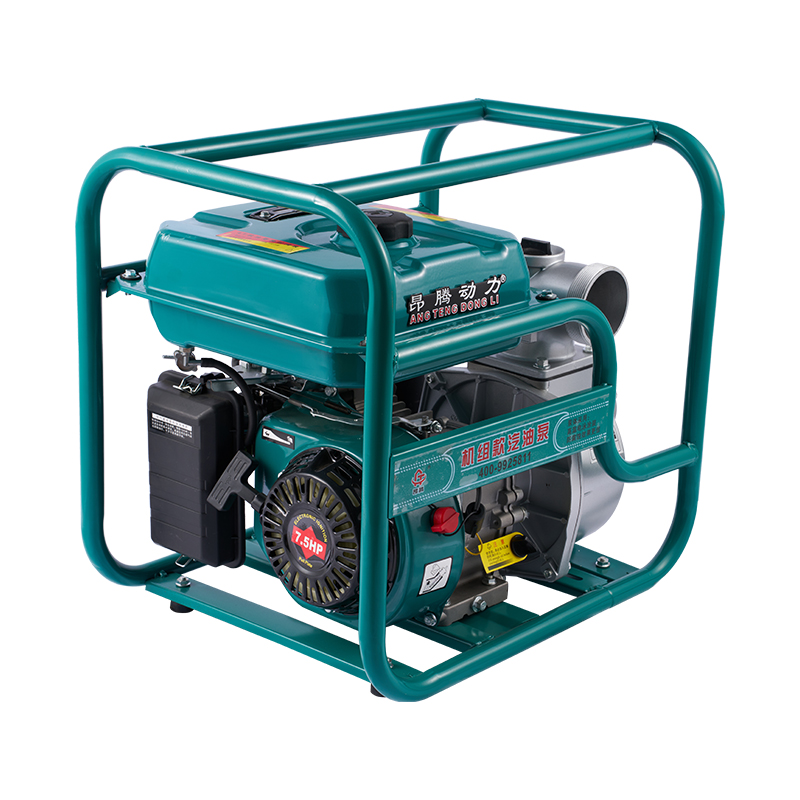
1. Agricultural irrigation
Gasoline engine water pumps are widely used in agricultural irrigation. They provide a stable water source for farmland and ensure that crops are adequately irrigated.
2. Drainage system
In urban drainage systems, construction site drainage, or flood rescue, gasoline engine water pumps can quickly remove accumulated water to ensure the normal life and work of people.
3. Industrial field
In the industrial field, gasoline engine water pumps also play an important role, such as providing circulating water and cooling water for factories to ensure the normal operation of production equipment.
What Are the Differences Between Agriculture Gasoline Water Pump and Diesel Water Pump for Agriculture?
Selecting the right water pump is a fundamental decision for modern agricultural operations, impacting everything from irrigation efficiency to long-term operational costs. Two of the common power sources for portable and mid-size pumps are gasoline and diesel engines. Each type presents a distinct set of characteristics that can make it more suitable for specific applications, farm sizes, and budgets. Understanding the differences between gasoline and diesel water pumps helps in making an informed choice that aligns with a farm's unique needs.
Initial Investment and Operational Costs
The financial considerations for each pump type present a clear trade-off between upfront affordability and long-term expenditure.
Gasoline Water Pumps generally have a lower initial purchase price compared to diesel models of a similar output class. This makes them an accessible option for smaller farms, those with limited capital, or for applications where the pump will see intermittent use. However, the cost of gasoline fuel is often higher than that of diesel. For operations requiring frequent or extended running times, this can noticeably higher ongoing fuel expenses. Maintenance on gasoline engines, while often simpler, can involve more regular replacement of components like spark plugs.
Diesel Water Pumps typically require a higher initial investment. The engine's construction is more robust to handle higher compression ratios, contributing to the increased cost. This higher upfront cost is frequently balanced by lower fuel expenses, as diesel fuel is often more economical and the engine itself is generally more fuel-efficient, especially under continuous load. Furthermore, diesel engines do not have an ignition system with spark plugs, which can reduce certain maintenance items over time.
Performance and Power Delivery
The performance characteristics of gasoline and diesel engines different operational experiences in the field.
Gasoline Engines are known for their high rotational speed and immediate power response. This allows gasoline pumps to achieve their rated flow and pressure quickly, making them well-suited for applications that require a swift start-up and shutdown cycle. They tend to be lighter in weight for a given power output, which enhances their portability for moving between different fields or water sources.
Diesel Engines excel in producing high torque at low rotational speeds. This makes them particularly adept at handling high-pressure pumping tasks, such as powering large-scale sprinkler systems or drawing water from deep wells. Their torque-oriented design means they can maintain consistent pressure under heavy load without needing to work as hard as a comparable gasoline engine, which can contribute to their perceived durability in demanding, continuous-use scenarios.
Durability, Lifespan, and Maintenance
The intended service life and maintenance needs of each engine type are directly tied to their design principles.
Gasoline Water Pumps are built with a focus on simplicity and lower weight. While they are robust, their components may experience more wear during high-RPM operation over long periods. Their maintenance schedule is often more frequent but can be managed with common tools and mechanical knowledge.
Diesel Water Pumps are engineered for longevity and sustained heavy-duty operation. The built strength of their internal components, such as the block and crankshaft, is typically higher to withstand the engine's high compression. This robust construction often translates to a longer operational lifespan, making them a common sight on large-scale farms where equipment is expected to run for many hours each day, year after year.
Suitability and Operational Considerations
Choosing between the two often comes down to the specific requirements of the agricultural operation.
Gasoline Water Pumps are a fitting choice for smaller farms, market gardens, and orchards. Their portability and quick start-up are advantageous for tasks like watering livestock, supplying water to greenhouses, or dewatering small fields. They are also a practical option for supplemental irrigation or as a backup pump due to their lower initial cost and ease of storage.
Diesel Water Pumps are often selected for larger, more intensive agricultural enterprises. Their efficiency with fuel and durability make them suitable for powering center-pivot irrigation, draining large areas, or providing a continuous water supply for extensive crop irrigation. The higher noise level and emission profile of diesel engines are considerations that are often managed in open-field settings but may be less desirable in more confined or populated areas.



 English
English русский
русский Français
Français Español
Español عربى
عربى